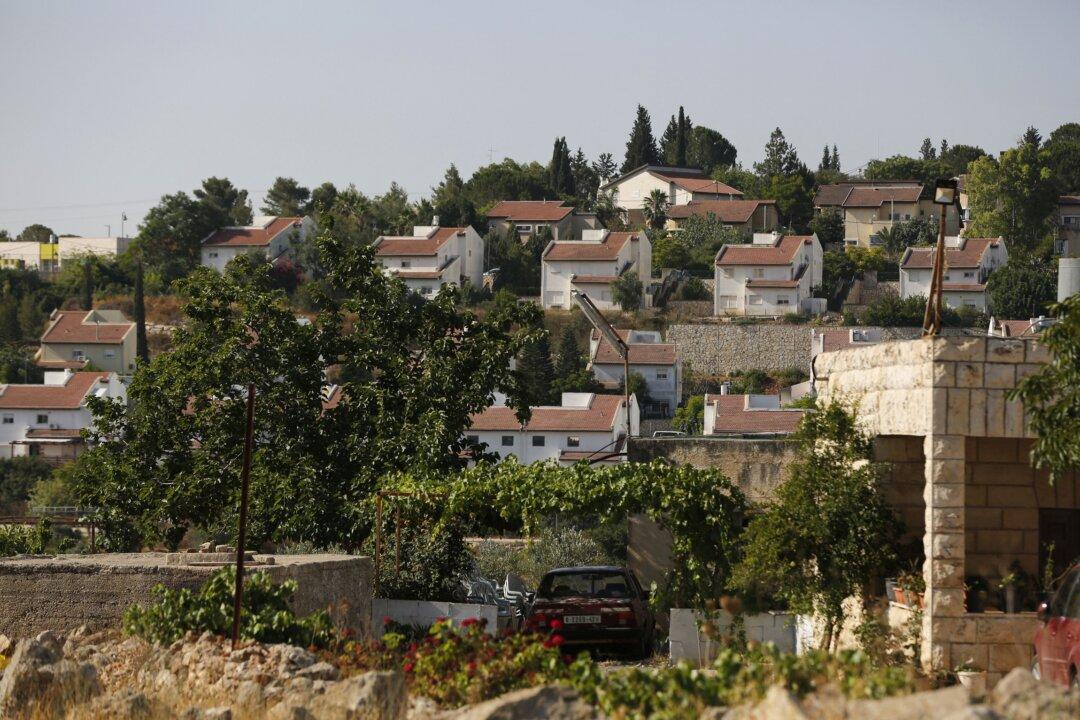The Biden administration’s State Department has sanctioned three Israeli settlers and two outposts accused of harassing and attacking Palestinians in the West Bank, marking the second round of sanctions against Israelis accused of “extremist violence.”
The State Department identified the settlers as Zvi Bar Yosef, Moshe Sharvit, and Neriya Ben Pazi in a March 14 statement.




